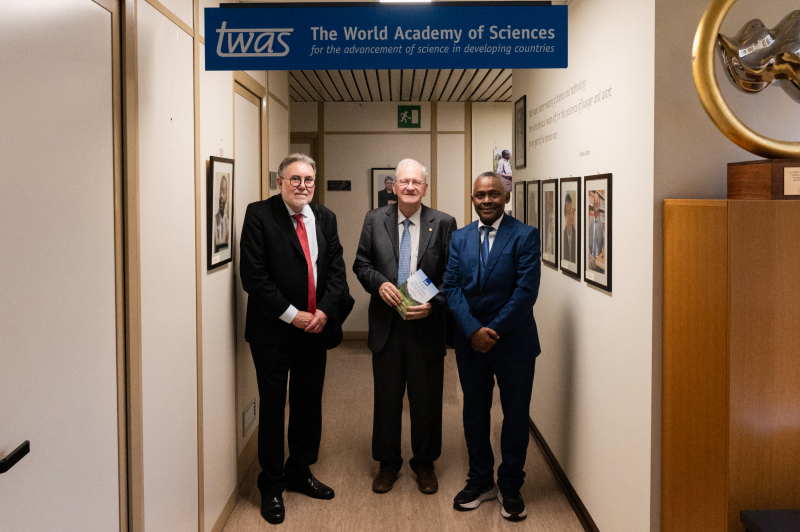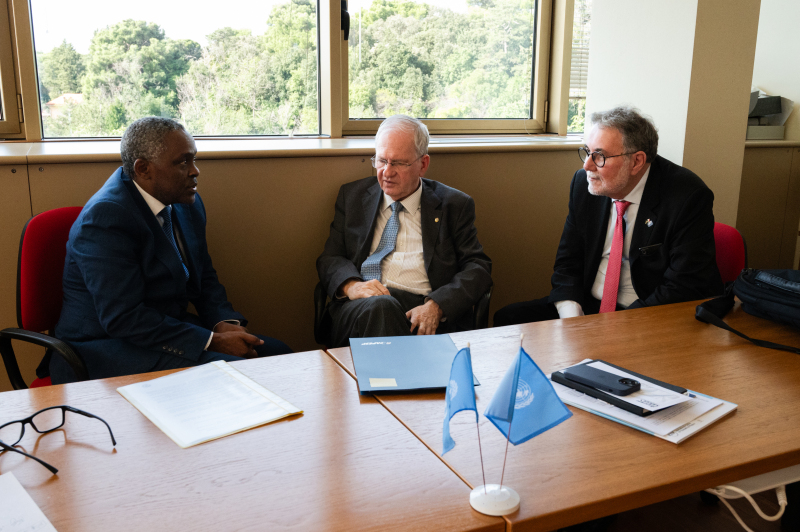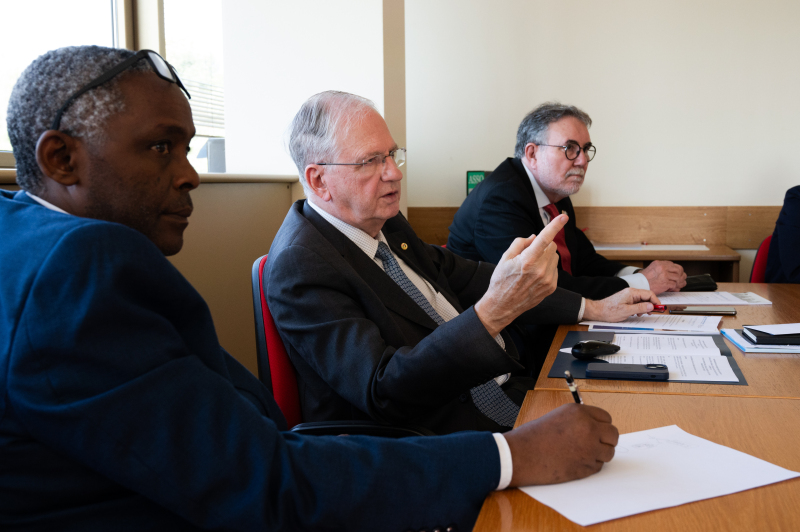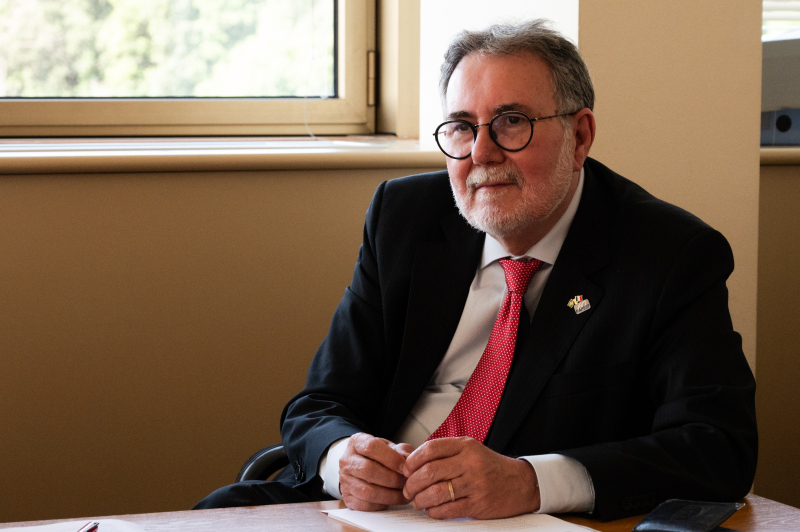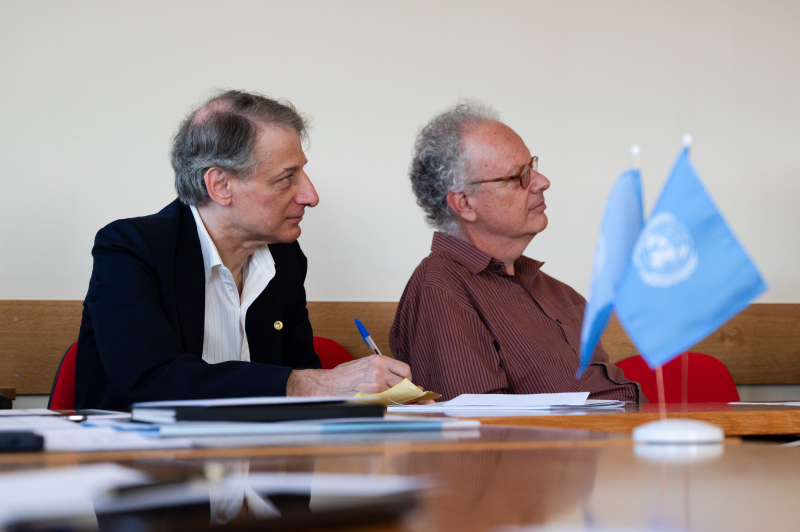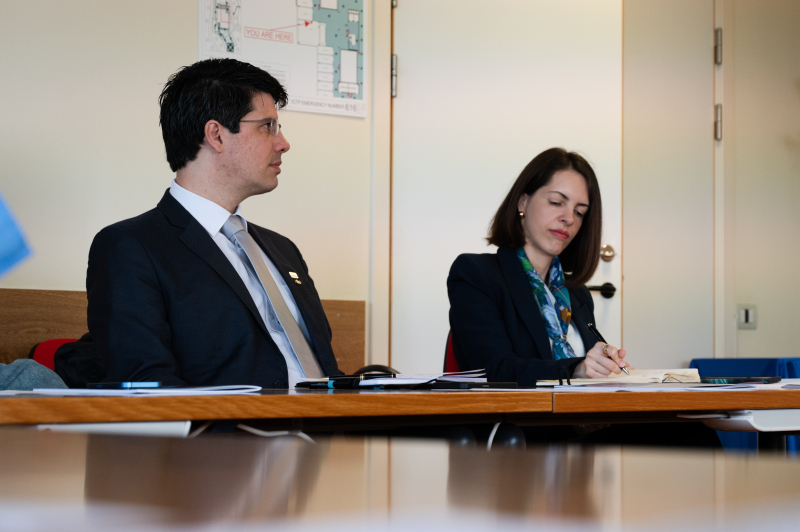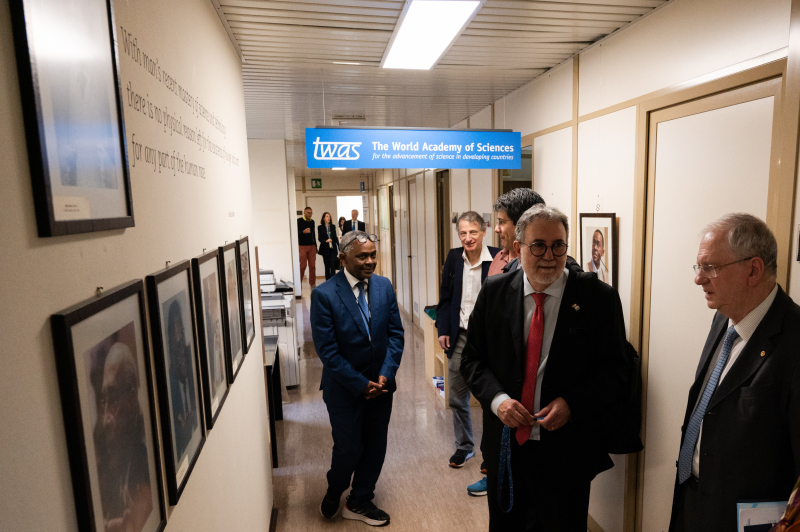Up to 175 researchers from Least Developed Countries (LDCs) will have the opportunity to carry out research in the State of São Paulo, Brazil. These fellowships emerge from a new collaboration between UNESCO-TWAS and the São Paulo Research Foundation (FAPESP).
FAPESP is a public foundation whose mission is to support research projects in higher education and research institutions, as well as large research programmes in areas such as biodiversity, bioenergy, and climate change.
On 5 October 2023, TWAS Executive Director Romain Murenzi and FAPESP president Marco Antonio Zago signed a Memorandum of Understanding (MoU) that will provide researchers from LDCs with up to 35 fellowships per year, tenable in the State of São Paulo, Brazil. Of these, up to 20 will be for postdoctoral research and 15 for PhDs. The fellowship awards will be carried out in host institutions in the state of São Paulo, Brazil, of a duration from six to 24 months for the postdoctoral fellowships, and a duration up to 4 years for the PhD fellowships.
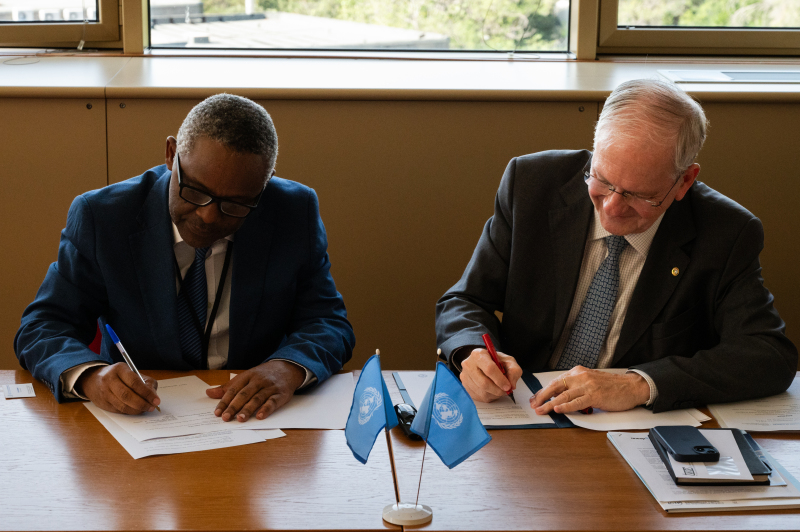
In addition to the above, FAPESP and TWAS will also offer up to 5 grants per year to young Principal Investigators from LDCs to set up a scientific laboratory in a host institution in the state of São Paulo and constitute a team of student researchers to assist in the project.
“World-class research takes place in the State of São Paulo, and I am sure that the researchers from LDCs who will spend time carrying out their work there will greatly benefit from its lively scientific community and interdisciplinary outlook,” said TWAS Executive Director Romain Murenzi.
“TWAS can have a crucial role in creating and maintaining collaborations between researchers and research institutions in São Paulo state with those in the developing world. As such our cooperation with these regions should grow and be strengthened through this partnership,” added and FAPESP President Marco Antonio Zago.
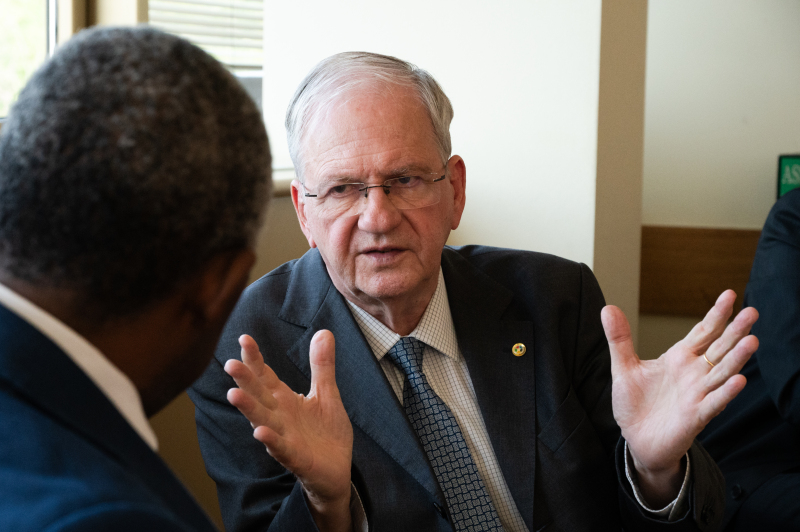
The signing of the MoU took place during a visit of a FAPESP delegation to TWAS offices in Trieste, Italy. Delegates discussed the strong ties and collaboration between TWAS and Brazil, exploring opportunities for further enhancement.
Details on how to apply to this scheme will be soon available online at https://twas.org/opportunities.
Giovanni Ortolani
More photos about the visit of the FAPESP delegation are available here and on the TWAS Flickr page.
